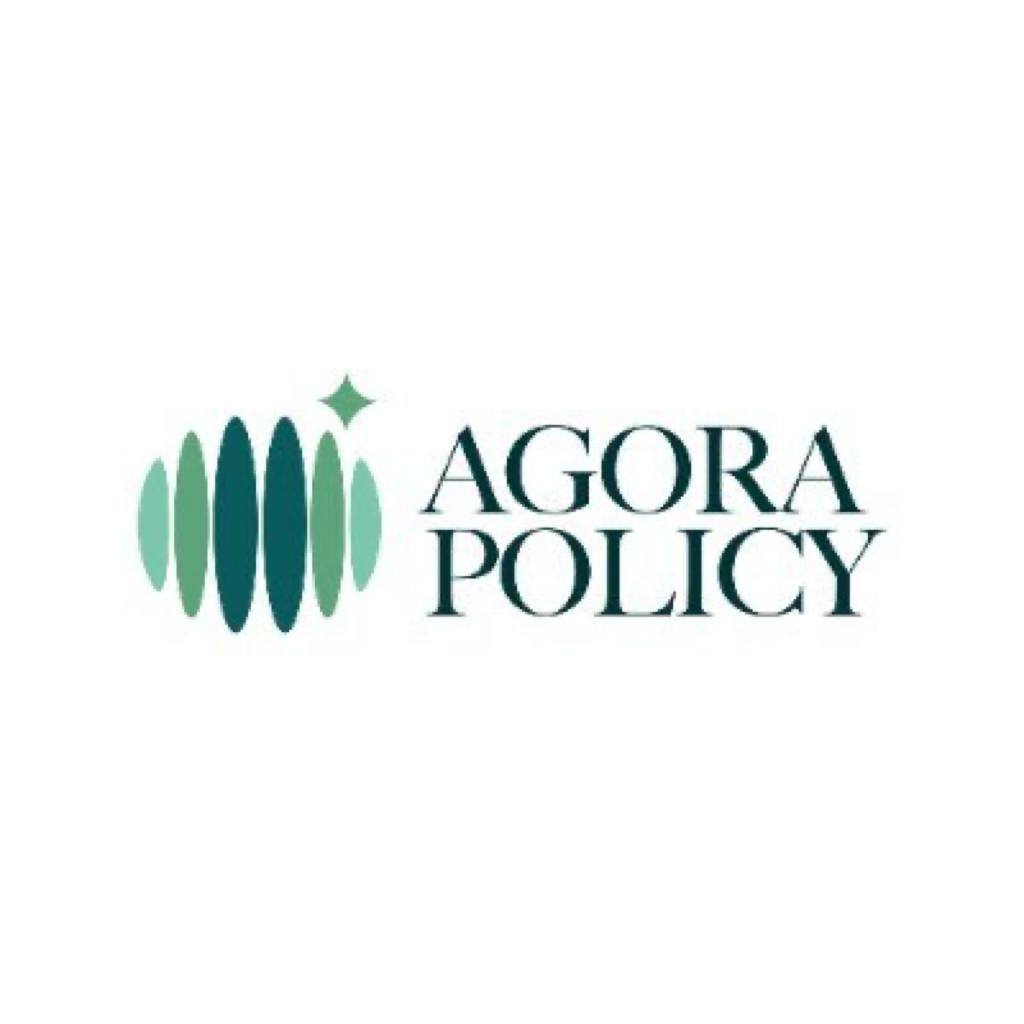Safiu Kehinde
With less than two months and few days left before the handing over of Nigeria’s mantle of leadership, a newly published report has urged outgoing president, Muhammadu Buhari, to end his Anti-Corruption fight in a brighter note by signing the newly passed audit bill.
The bill is aimed at fostering transparency and accountability of public officials.
The report gathered by Agora Policy, a Nigerian think tank on policy research, had, among other recommendations, sought Buhari’s signature of the Federal Audit Service bill passed by the National Assembly last week.
According to the report, the audit bill is an attempt to strengthen the operations and independence of the Office of the Auditor General of the Federation (OAuGF) necessary for its effective performance in terms of ensuring transparency and accountability of public office holders.
The report read in part; “While the Auditor-General of the Federation (AuGF) has a responsibility to eradicate corruption from Nigeria’s public finance system, this responsibility is limited to the extent that the country’s audit law permits.
“Nigeria needs a fresh law that guarantees independence and powers to sanction for the AuGF in line with established standard of the International Organisation of Supreme Audit Institutions (INTOSAI).
“Without the powers to sanction, the AuGF is more or less a toothless bulldog.
“President Muhammadu Buhari should sign the Federal Audit Service Bill into law before he leaves office.
“The bill, which was passed by the National Assembly on 29 March 2023, repeals the Audit Ordinance of 1956.
“The bill strengthens the operations and independence of the Office of the Auditor General of the Federation (OAuGF).
“It aligns with the present times and with global best practices and it enhances the utility of auditing as a powerful transparency and accountability mechanism.”
Meanwhile, other recommendations made by the research include integrity checks on heads and staff of organisations with anti-corruption mandates; disclosure of assets declared by public servants to Code of Conduct Bureau; improved resourcing and capacity building for anticorruption agencies as well as enhanced checks and balances to ensure the watchdogs not mired in corruption; and national reorientation campaign to tackle values and attitudes that enable public corruption.


